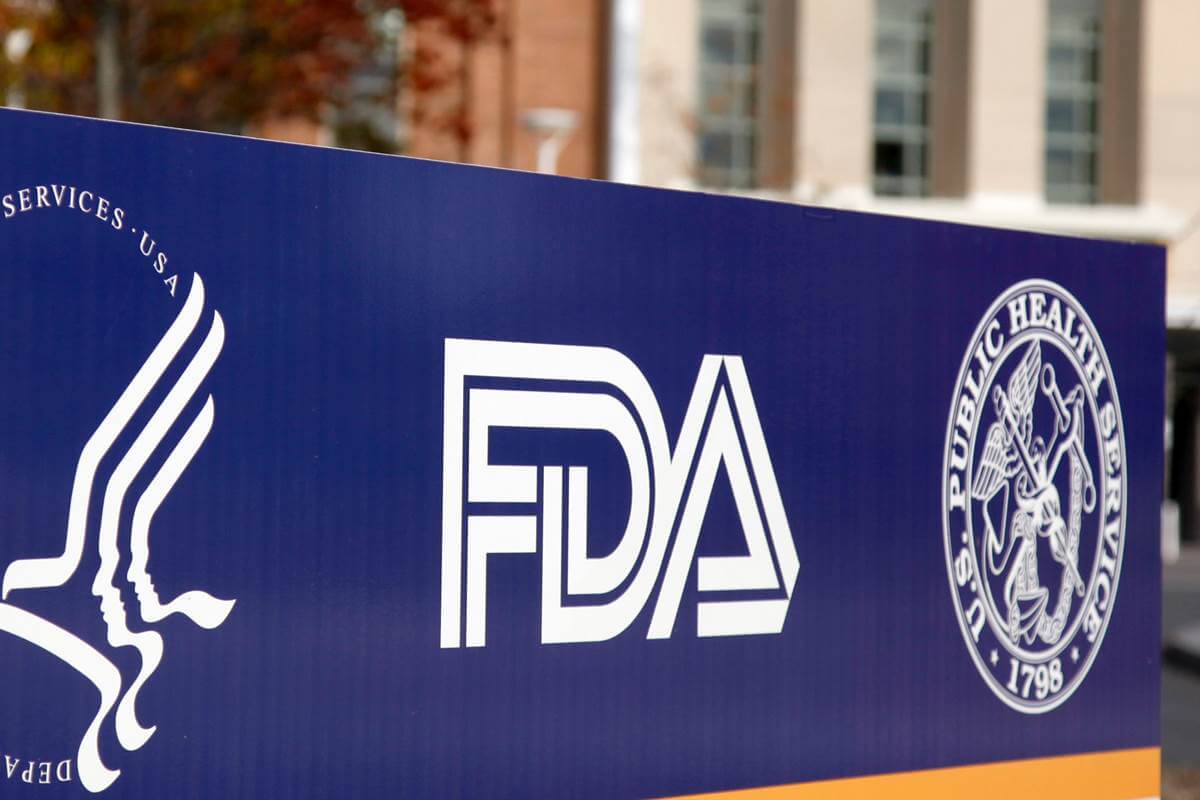It’s not easy being the U.S. Food and Drug Administration (FDA). The agency must straddle a fine line between approving lifesaving medical treatments and protecting consumers from harmful products. With limited funds, manpower, and authority, the FDA is constantly subject to criticism for doing either too much or too little.
But the agency has some criticisms of its own. In an annual report to Congress, the FDA bemoaned the burden citizen petitions put on the agency. Citizen petitions can be used to ask the FDA to deny approvals, investigate potentially harmful products, or to completely recall products from the market.
While the FDA understands the importance of giving a voice to consumers, the agency believes the majority of citizen petitions are being misused by drug companies looking to block competitors.
Current laws require the FDA to respond to most petitions within 150 days, so when drug companies flush the agency with citizen petitions, it puts the agency between a rock and hard place. The FDA cannot delay an approval unless it decides a petition has raised an actual public health concern, but this takes time to determine.
An analysis conducted by Rutgers University School of Law Professor Michael Carrier reveals that between 2011 and 2015, drugmakers accounted for 92% of citizen petitions. While the FDA denied greater than 9 out of every 10 petitions, the work required to answer each petition is putting a strain on the agency.
The FDA has asked Congress for legislation designed to discourage drugmakers from abusing citizen petitions while also giving the FDA more time to answer each petition. It is unclear whether or not Congress will act on the FDA’s report. While it’s disappointing drug companies abuse a system used to give consumers a voice, it isn’t surprising. Drugmakers have gone to great lengths to protect their drugs from competitors, but the silver lining for consumers is that Congress has the chance to help reform the system.

